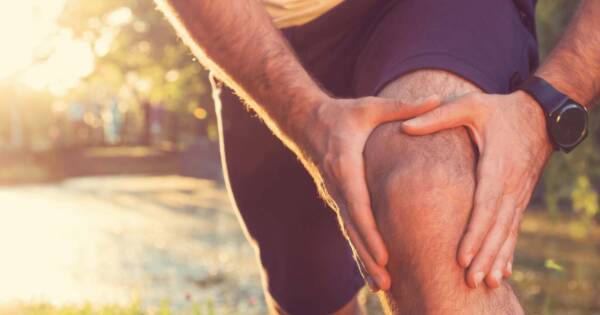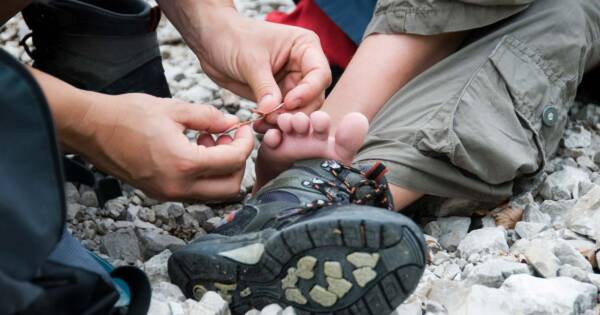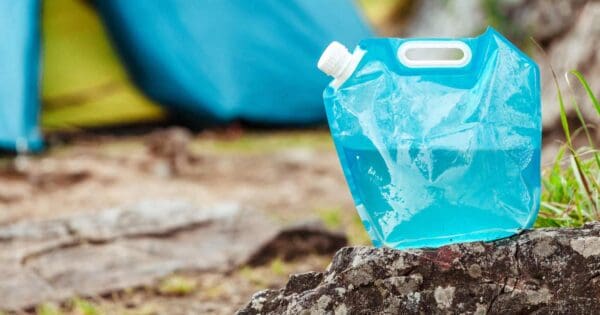Understanding Heat Exhaustion and Hiking
Hiking can be a fantastic way to connect with nature, but it’s essential to recognise the risks associated with high temperatures, particularly heat exhaustion. This condition can develop when your body experiences inadequate or unbalanced fluid replacement during prolonged physical exertion in hot environments. Hikers, backpackers, and climbers in desert conditions, high humidity, or elevated temperatures are especially vulnerable.
What is Heat Exhaustion?
Heat exhaustion occurs when the body’s temperature rises to a level where it can no longer cool itself effectively. It is important to understand that heat exhaustion is a step above dehydration but less severe than heat stroke—a life-threatening condition.
Recognising the symptoms early and responding promptly is crucial, as untreated heat exhaustion can escalate to heat stroke, which can be fatal.
Signs and Symptoms of Heat Exhaustion
Be aware of the following signs of heat exhaustion during your hikes:
- Headache: A common early sign of overheating.
- Nausea and Vomiting: Discomfort that can accompany overheating.
- Muscle Cramps and Weakness: Often due to electrolyte imbalance.
- Cool, Moist Skin with Goosebumps: This can occur even in the heat as the body struggles to cool down.
- Pale Complexion: Indicating reduced blood flow.
- Heavy Sweating: A sign that the body is trying to cool itself.
- Faintness or Dizziness: Especially when standing up quickly.
- Fatigue: Extreme tiredness can signal the onset of heat exhaustion.
- Rapid Pulse: An elevated heart rate as the body works harder.
- Fainting: A severe indication that immediate action is needed.
Prevention Strategies
Staying cool and hydrated is essential to preventing heat exhaustion. Here are some effective strategies:
- Hydration: Drink plenty of fluids before, during, and after your hike. Water is crucial, but also consider electrolyte-replenishing drinks, especially during long or strenuous hikes.
- Timing: Avoid hiking during the hottest parts of the day. If possible, schedule your hikes for early morning or later in the afternoon when temperatures are cooler.
- Clothing: Wear lightweight, loose-fitting, and light-colored clothing to help keep your body cool. A wide-brimmed hat and UV-blocking sunglasses can also provide protection against the sun.
- Rest Breaks: Take regular breaks in the shade or cooler areas to allow your body to recover and lower your core temperature.
- Acclimatisation: If you’re heading into particularly hot conditions, allow your body to acclimatise by gradually increasing the intensity and duration of your hikes.
How to Treat Heat Exhaustion
If you or someone in your group exhibits symptoms of heat exhaustion, it’s crucial to take immediate action:
- Stop Activity: Find shade or a cool area and lie down. This helps your body cool down.
- Loosen Clothing: Remove or loosen any unnecessary layers to help your body release heat.
- Cool Down: Use a wet rag or shirt and place it around the neck. Pour cool water over the head and face to facilitate cooling.
- Hydrate: Drink cool water or non-alcoholic, non-caffeinated beverages like sports drinks to restore electrolyte balance. Avoid drinking if vomiting occurs.
- Muscle Care: Gently massage or stretch any cramping muscles to relieve discomfort.
- Monitor Temperature: Keep an eye on your temperature. If it reaches 39°C (102°F) or higher, seek immediate medical assistance.
- Emergency Assistance: If symptoms worsen or do not improve, call Triple Zero (000) for an ambulance.
Share Your Experience
Have you ever experienced heat exhaustion or had to assist someone suffering from it? Share your story and the steps you took to recover in the comments below. Your experience might help others stay safe on the trails!





